Electrophysiology
Recent articles
Single-neuron recordings are helping to unravel complexities of human cognition
As this work begins to bear fruit, researchers “are becoming less afraid to ask very difficult questions that you can uniquely ask in people.”
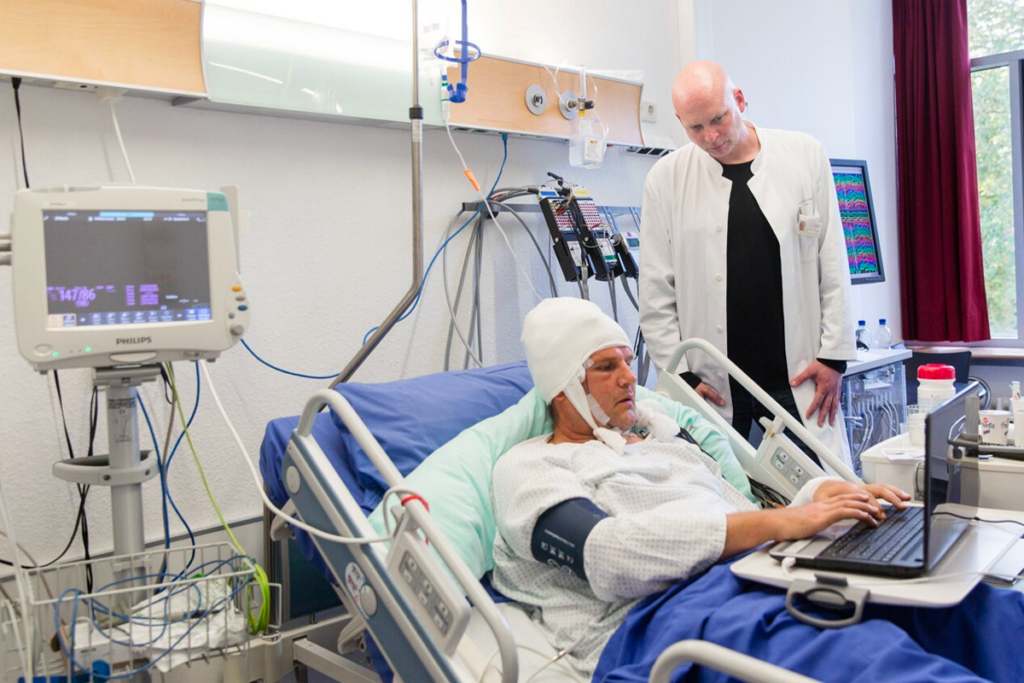
Single-neuron recordings are helping to unravel complexities of human cognition
As this work begins to bear fruit, researchers “are becoming less afraid to ask very difficult questions that you can uniquely ask in people.”
To beat the heat, hypothalamus neurons in mice ramp up their firing
The uptick may help the rodents acclimate to temperature hikes and keep their cool.
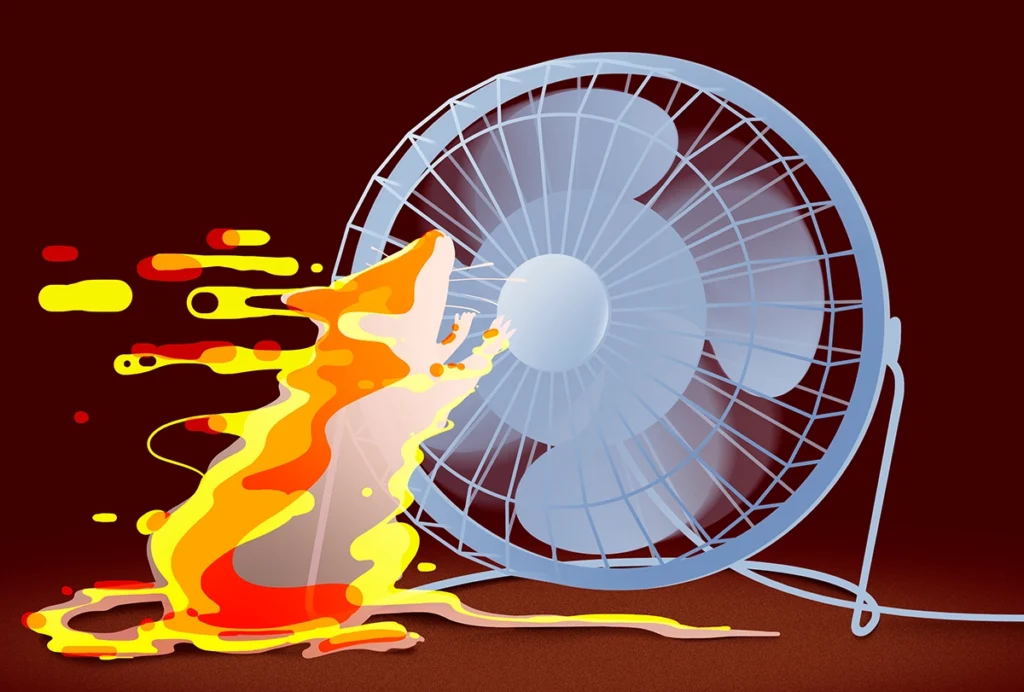
To beat the heat, hypothalamus neurons in mice ramp up their firing
The uptick may help the rodents acclimate to temperature hikes and keep their cool.
To keep or not to keep: Neurophysiology’s data dilemma
An exponential growth in data size presents neuroscientists with a significant challenge: Should we be keeping all raw data or focusing on processed datasets? I asked experimentalists and theorists for their thoughts.

To keep or not to keep: Neurophysiology’s data dilemma
An exponential growth in data size presents neuroscientists with a significant challenge: Should we be keeping all raw data or focusing on processed datasets? I asked experimentalists and theorists for their thoughts.
Monkeys’ amygdala cells adapt to social status
The cells’ activity reflects social hierarchies and may enable flexible behavior.

Monkeys’ amygdala cells adapt to social status
The cells’ activity reflects social hierarchies and may enable flexible behavior.
Electrical fingerprints track single neurons over several months
The new approach, called UnitMatch, improves on past methods for analyzing large electrophysiological datasets, the researchers say.
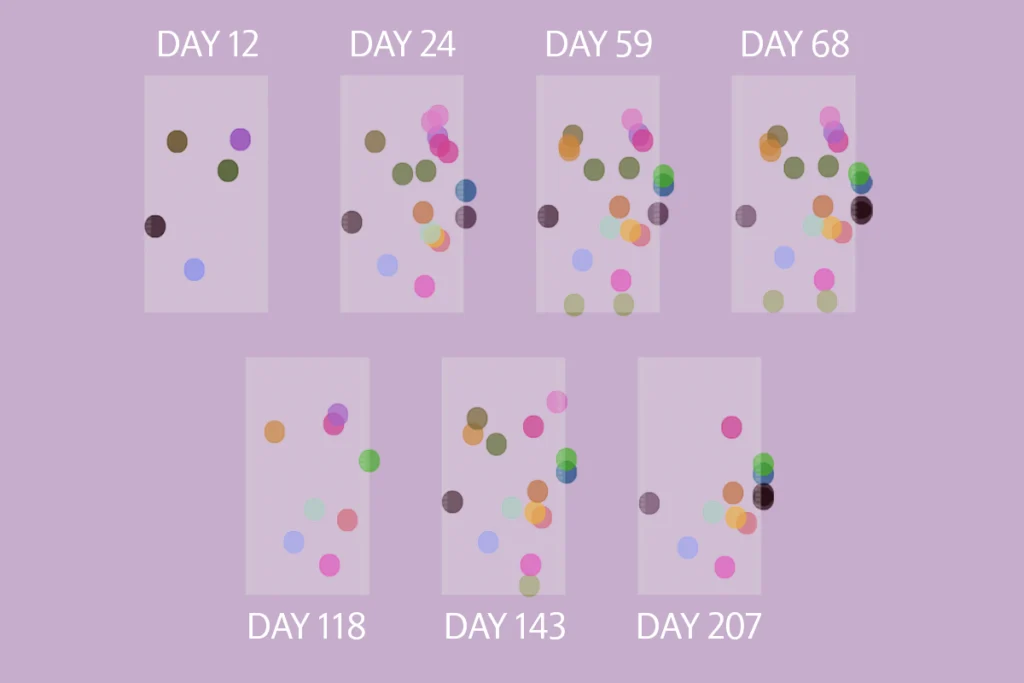
Electrical fingerprints track single neurons over several months
The new approach, called UnitMatch, improves on past methods for analyzing large electrophysiological datasets, the researchers say.
Widely distributed brain areas sync to orchestrate decisions in rodents
Multiple brain areas synchronize their activity to help a rodent accumulate the evidence it needs to make a choice, two new studies suggest.
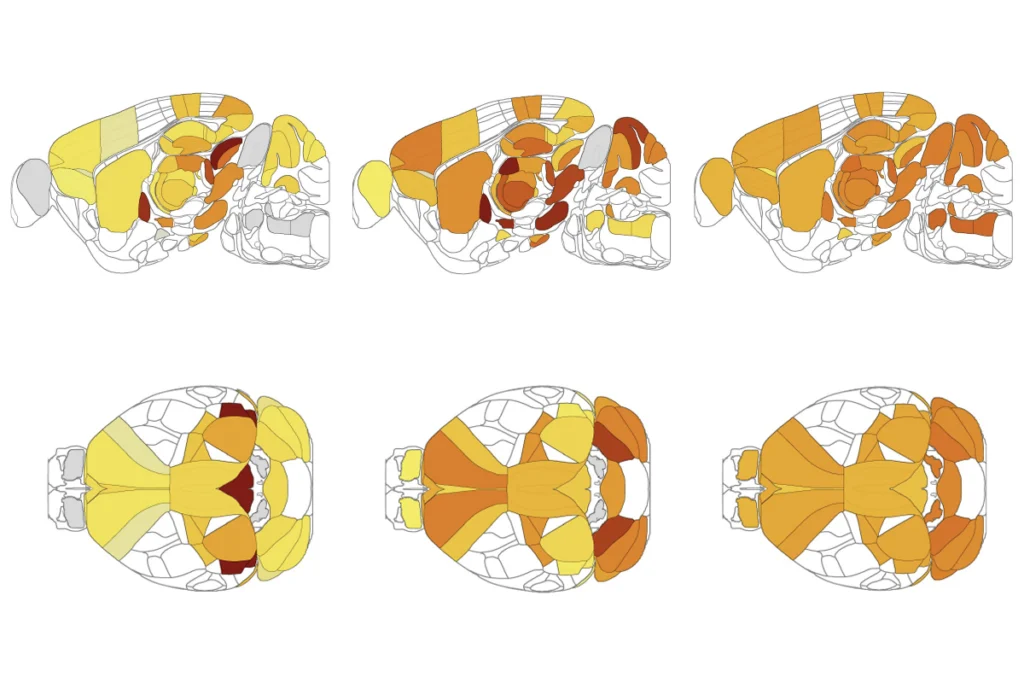
Widely distributed brain areas sync to orchestrate decisions in rodents
Multiple brain areas synchronize their activity to help a rodent accumulate the evidence it needs to make a choice, two new studies suggest.
Averaging is a convenient fiction of neuroscience
But neurons don’t take averages. This ubiquitous practice hides from us how the brain really works.
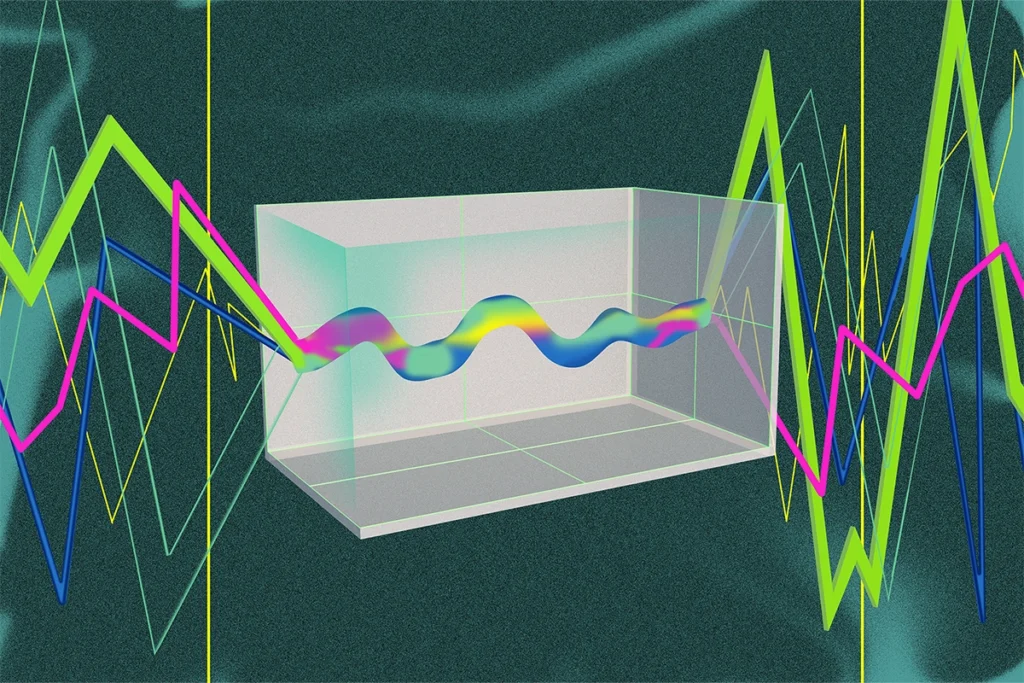
Averaging is a convenient fiction of neuroscience
But neurons don’t take averages. This ubiquitous practice hides from us how the brain really works.
Reconstructing dopamine’s link to reward
The field is grappling with whether to modify the long-standing theory of reward prediction error—or abandon it entirely.

Reconstructing dopamine’s link to reward
The field is grappling with whether to modify the long-standing theory of reward prediction error—or abandon it entirely.
Neurons’ spikes may convey their whereabouts
The time lag between spurts of activity holds anatomical information, according to a preprint.
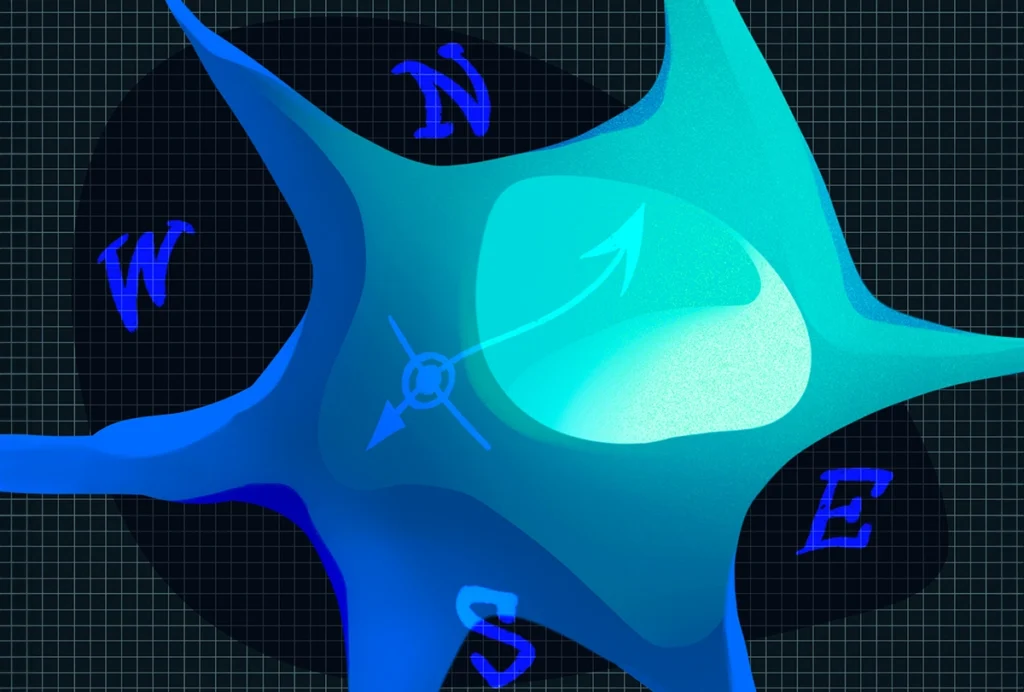
Neurons’ spikes may convey their whereabouts
The time lag between spurts of activity holds anatomical information, according to a preprint.
Nonsense correlations and how to avoid them
This statistical error is common in systems neuroscience. Fortunately, straightforward methods can help you prevent it.

Nonsense correlations and how to avoid them
This statistical error is common in systems neuroscience. Fortunately, straightforward methods can help you prevent it.
Explore more from The Transmitter
Organoids and assembloids offer a new window into human brain
These sophisticated 3D cultures reveal previously inaccessible stages of human brain development and enable the systematic study of disease genes.

Organoids and assembloids offer a new window into human brain
These sophisticated 3D cultures reveal previously inaccessible stages of human brain development and enable the systematic study of disease genes.
Who funds your basic neuroscience research? Help The Transmitter compile a list of funding sources
We want to hear from you about the sources of funding for your research.
Who funds your basic neuroscience research? Help The Transmitter compile a list of funding sources
We want to hear from you about the sources of funding for your research.
The future of neuroscience research at U.S. minority-serving institutions is in danger
Cuts to federally funded programs present an existential crisis for the University of Puerto Rico’s rich neuroscience community and for research at minority-serving institutions everywhere.

The future of neuroscience research at U.S. minority-serving institutions is in danger
Cuts to federally funded programs present an existential crisis for the University of Puerto Rico’s rich neuroscience community and for research at minority-serving institutions everywhere.